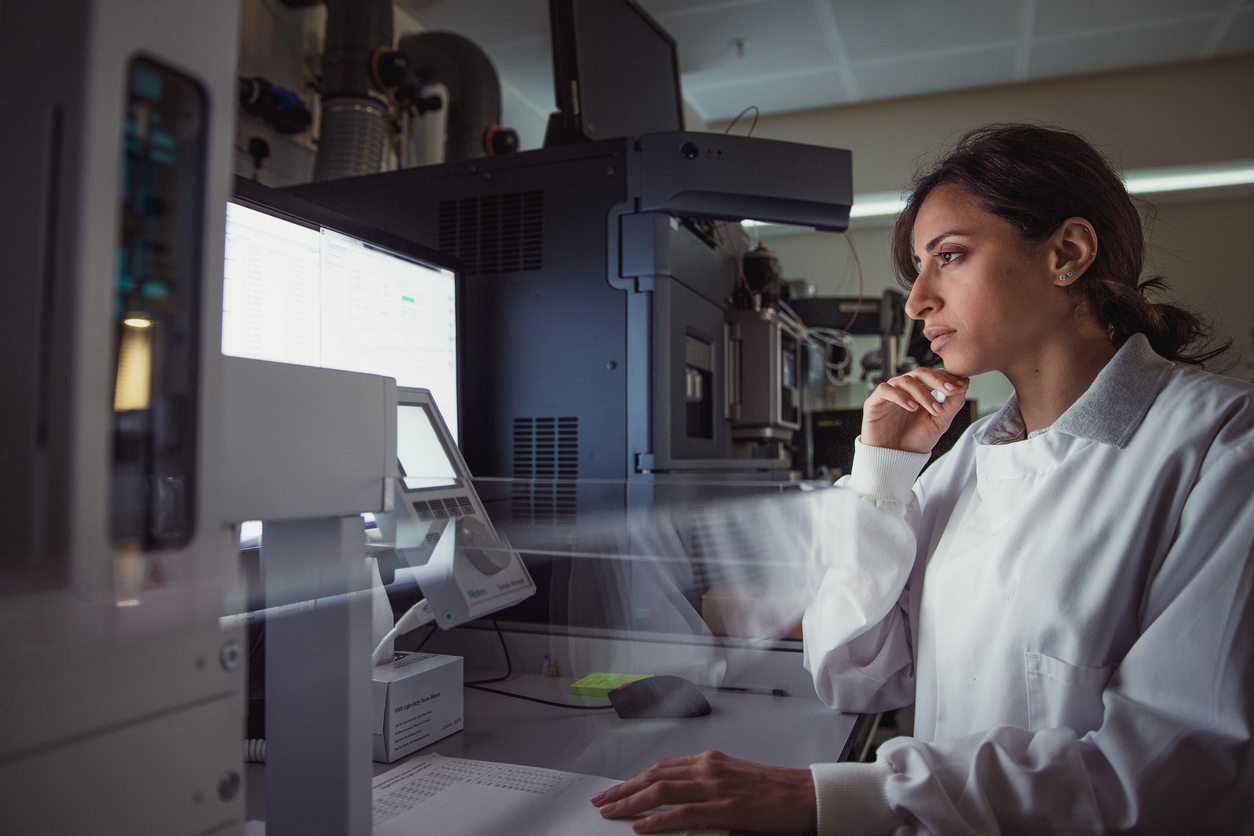
The purpose of getting regular cancer screenings is to detect cancer in its early stages before it can spread (metastasize). Most types of cancer will usually respond to treatment if they are caught early.
Cancer screenings are therefore preventive in nature, with the goal of improving outcomes for patients with cancer. You’ve probably heard stories of people who received a cancer diagnosis when it was too late for treatment – screenings aim to prevent this from occurring.
There are many benefits of getting a cancer screening in addition to just looking for cancer. Let’s take a look at these benefits and why you should get the screenings your doctor prescribes.
Why Do I Need a Cancer Screening?
Regular screenings are recommended to patients who want to be proactive about their health, especially if cancer is in your family history. Even if you do not have cancer in your family, you might be the first one to have it; not all cases of cancer have a family precursor.
A cancer screening can find several types of cancer early, before they start causing symptoms. Cancer that is found early is easier to treat, and the patient is more likely to have a better outcome and go on to live a longer life. Some cancers do not exhibit any obvious symptoms at all, which is why professional medical screenings are so important.
If cancer is a disease that runs in your family, it is advised to get screened at an even earlier age than those who do not have this risk. In addition, some cancer screenings themselves can actually help you prevent cancer, such as when polyps are discovered and immediately removed during a routine colonoscopy.=
In the case of breast cancer, the presence of cysts is a risk factor. You can work with your doctor on how to reduce your risk of developing breast cancer or any other kind of reproductive cancer. In the case of prostate cancer, screenings during your regular physical examination can detect precancerous growths or high PSA (prostate-specific antigen) levels in your blood.
Early cancer detection usually enables for less intensive treatment. If treatment is necessary, earlier diagnosis and treatment usually allows for a faster healing and recovery time, because the tumor was discovered when it was relatively small or treatable.
Common Tests for Cancer
Here are some examples of frequently used cancer screening tests:
- Colonoscopy for colon cancer
- PSA test and digital rectal exam (DRE) for prostate cancer
- Clinical breast exams and mammography for breast cancer
- Pap smear and human papillomavirus (HPV) test for ovarian cancer
- Skin exams for skin cancer
If your lifestyle or genes predispose you to cancer, getting a cancer screening could save your life. Your health care provider will explain which cancer screenings are recommended for you – per your gender, your age group, and your risk factors – and provide a prescription for the screenings and recommendations of where they can be performed.
Cancer Screening in Frisco, TX
Specializing in prevention and wellness services, our medical team at Star Medical Associates will evaluate your risk factors and recommend the proper cancer screenings as necessary. We will talk with you about your own medical history and your family’s medical history, and we will work with you to establish a lifestyle of health and wellness for a lifetime.
To schedule a consultation, contact our team at Star Medical Associates today. Let us be your trusted partner in living well!


